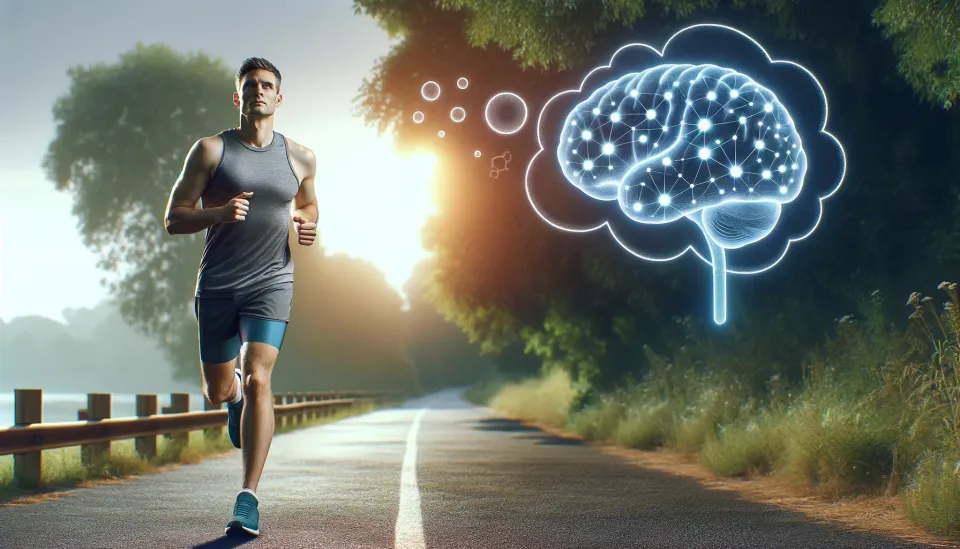Dopamine is related to motivation

Dopamine is a complex neurotransmitter and compels us to do things. It is often simply associated with "rewards", but dopamine works more nuanced than that. It influences basic functions such as memory, movements, and attention. Motivation is a more high-level concept and exploring its connection with dopamine also reveals unexpected forces on the reward center.
A mouse with deficient levels of dopamine still enjoys eating cheese (reward), even though it does not want to put in any effort (motivation) to retrieve the cheese. Only when fed, will it eat and receive pleasure out of that.
The type of activity influences the amount of dopamine delivered. Generally, the more friction, or effort, is put into the activity, the higher the dopamine response. In practice, this depends on the context an activity is carried out, such as the individual's expectations, past experiences, and the nature of the task.
From personal experience, I can certainly relate to this: short, low-effort activities such as social media do provide high levels of dopamine, but only for a short amount of time. Doom-scrolling lures just around the corner, to keep that level high. I would call this 1st order or instant dopamine.
There is another kind of activity, say 2nd order, which is more related to delayed gratification. It is about putting in the hard work, whether pleasurable or not, which drives to an outcome or conclusion. Based on my expectations of this outcome, and knowing how much effort I have put into the journey leading up to this, this gives an even higher and more importantly, longer release of dopamine and overall satisfaction.
Cold showers are no fun, but the feeling after it is long-lasting great.
Running is semi-fun, but the feeling after it is long-lasting great.
Practicing piano is fun, and the feeling after is also long-lasting great.
More friction, longer dopamine?